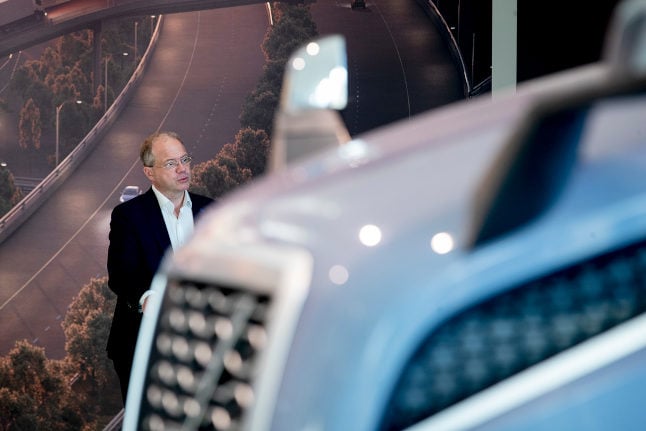Saab and Volvo still have “complete development organizations” which can conceive, manufacture, and sell cars on the global market, write Magnus Sundemo and Håkan Danielsson in an article in the Svenska Dagbladet (SvD) newspaper.
Sundemo and Danielsson both hold leadership positions within chapters of the Swedish Association of Graduate Engineers (Sveriges Ingenjörer) at Volvo and Saab, respectively.
They claim that together, the companies have sufficient “scale for basically all components which go into determining a competitive manufacturing price”.
At the same time Sundemo and Danielsson reject the scale advantages promised by Saab’s and Volvo’s large foreign owners. According to the two, the potential gains were grossly exaggerated.
Sundemo and Danielsson instead suggest a common development organization for the entire Swedish vehicle industry – an organization which can protect against the loss of industrial competence, they hope.
They add that there are already a model programmes on the drawing board which Volvo and Saab could begin to manufacture relatively quickly.
“The search for a future owner must be directed toward a solution by which industrial know-how and capital generated in the Nordic region and where both brands are retained in a new, common company,” write Sundemo and Danielsson, adding they envisage several owners for such a company.


 Please whitelist us to continue reading.
Please whitelist us to continue reading.